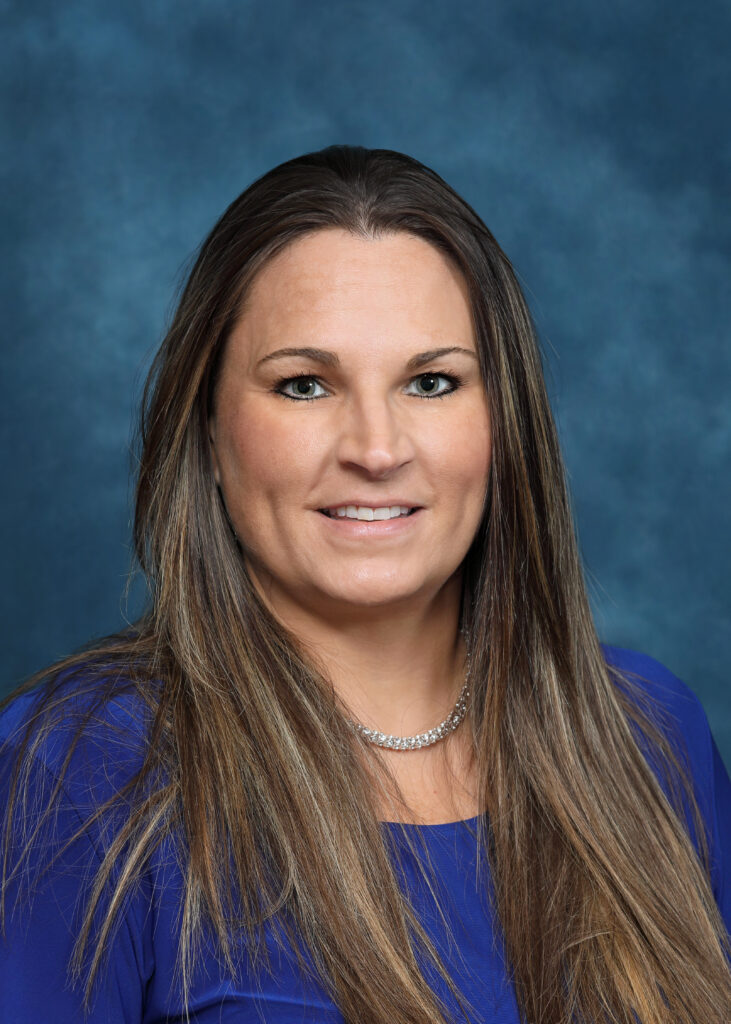Hospice: Care that provides comfort, hope, and peace

Date: November 27, 2023
Categories: Health Focused

Lori Showalter, CVA
Augusta Health Hospice of the Shenandoah
Manager of Volunteer Services & Community Outreach
When a person receives a life-limiting diagnosis, one of the initial responses felt is fear. This triggers a strong physical reaction in the body that prepares one for fight or flight. If a provider mentions hospice care, one might think that it seems like giving up too soon or like they’re not ready for it. Often, people believe that hospice is only suggested when there are just a few days left to live.
This is just one of many common misconceptions about hospice care.
Hospice is compassionate care encompassing all aspects of need at the end of life, not just the physical components. The care is delivered by a team of professionals (providers, nurses, social workers, chaplains, aides, volunteers, and sometimes therapists) that deal with the emotional, psychological, spiritual, and physical needs that come along with a terminal illness. The patient and family remain at the center of the care team and take the lead in their individualized treatment plan. One of the unique things about hospice is that the family is included in the unit of care. Hospice focuses on comfort, quality of life, honoring a patient’s wishes, and helping them navigate the many dimensions and emotions of the end of life. Hospice also offers bereavement support, free of charge, for 13 months following the loss.
Once patients and families experience all the support and benefits that hospice offers, they often report that they wish they would have known about the service and accepted it sooner. We must dispel the many myths so more patients can benefit from hospice’s support and end-of-life expertise.
Hospice is only for the final few days of life. Hospice care can begin as soon as a hospice-appropriate prognosis (Medicare defines that as six months or less) is given. The benefit to patients and families is greater the sooner hospice care is elected. Unwanted hospital stays, ER visits, and unnecessary tests can often be avoided when hospice is involved because excellent interdisciplinary care is delivered in the comfort of their home.
Hospice means I must give up hope. Hospice is hope; its mission is to improve a person’s quality of life and make their final days more comfortable and enjoyable. Studies have proven that patients with many diseases live longer with hospice care than those who opt not to receive it because of the excellent care they receive. Patients can revoke from hospice at any time if they wish to pursue further treatment or have a change of heart. There are also times when patients graduate from hospice because they improve and no longer meet the criteria. Many patients even remain on hospice services longer than six months because they continue to meet hospice eligibility criteria.
Hospice kills patients with Morphine. Despite this long-standing myth, many patients are never prescribed Morphine, and other patients take it for very long periods. Morphine has medicinal benefits aside from pain relief and is often used to assist with breathing difficulties that can occur in end-of-life care. In hospice, medications are introduced slowly, conservatively, and adjusted appropriately to control symptoms.
Hospice provides 24/7 caregivers. Hospice provides on-call nursing and emotional support services 24 hours a day, seven days a week, but does not provide in-home 24/7 caregivers. Hospice social workers can provide community resources if that level of care is needed.
Hospice is a place that you go to. Hospice is not a place to go. It is a specialized care method delivered to patients wherever they call home (private residence, nursing home, assisted living facility.) Hospice of the Shenandoah has even provided compassionate, end-of-life care to homeless patients in our community.
Hospice means I must give up my physician. Hospice patients choose who they wish to be their attending provider. When the patient and the team develop the plan of care, the attending provider, along with the Hospice Medical Director, oversee that plan together.
The Shenandoah House is a place for patients to live when they are at the end of life. The hospice house is a benefit to Augusta Health Hospice patients. It is used by those utilizing their general inpatient or respite care benefits instead of a hospital admission. It is not a long-term solution for custodial or routine care, but it does provide a place to go for a higher level of care if comfort is not achieved at home.
For more information on hospice care, to make a referral, volunteer opportunities, or to request a speaker for a group, please get in touch with Lori Showalter, Manager of Volunteer Services & Community Outreach, by calling (540) 332-4909 or by emailing hospiceoftheshenandoah@augustahealth.com.
